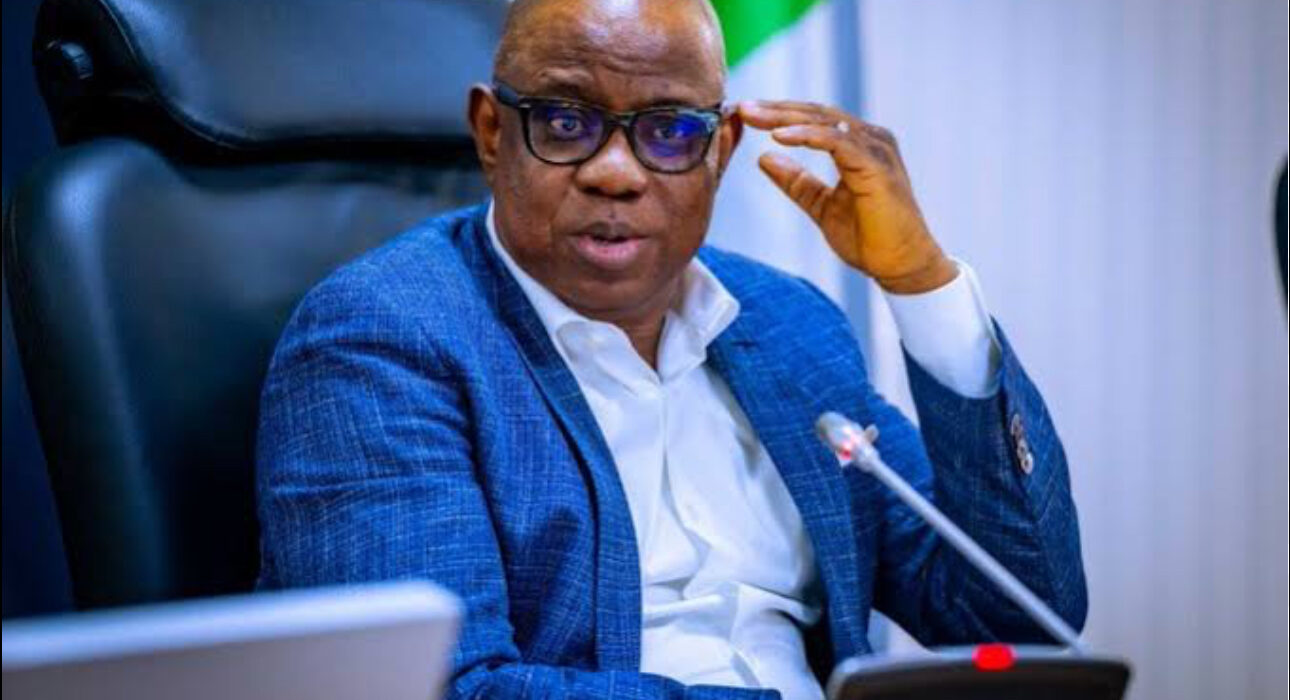NNPC Mulls Sale of Refineries as Rehabilitation Challenges Persist

The Group Chief Executive Officer of the Nigerian National Petroleum Company Limited (NNPC Ltd.), Bayo Ojulari, has revealed that the federal government is considering selling off the country’s state-owned refineries following mounting technical, structural, and financial challenges in their rehabilitation process.
Speaking during the OPEC International Seminar held in Vienna, Austria, Ojulari stated that the continued effort to revamp the aging facilities has become “increasingly complicated,” and as such, a strategic review is underway to determine the future of the refineries.
Ojulari, who was appointed in April 2025 by President Bola Ahmed Tinubu, noted that although significant resources have been committed to bringing the refineries in Warri, Kaduna, and Port Harcourt back to optimal capacity, several unforeseen difficulties have delayed progress.
He disclosed that the NNPC expects to conclude its evaluation of the refineries by the end of the year, and a potential sale is one of the options being considered.
“Nothing is off the table. Sale is not out of the question,” he said, hinting at a possible shift away from state ownership of the country’s long-troubled refining assets.
The Port Harcourt refinery, which briefly resumed operations in late 2024, was again shut down in May 2025 for maintenance and operational review.
The Kaduna and Warri refineries, still under various stages of rehabilitation, have reportedly faced technical hurdles and cost overruns, further raising concerns about the viability of the overhaul projects.
In response to the stagnation and rising costs, Ojulari had earlier dismissed the managing directors of all three refineries shortly after assuming office, citing inefficiency and “value erosion.”
He also set up a high-level internal audit committee to conduct a comprehensive review of the state of the facilities and advise on the best path forward.
Amid the push for reform, Ojulari acknowledged that Nigeria’s upstream oil production is still struggling with high costs, which currently range between $25 to $30 per barrel, driven largely by persistent security concerns and pipeline vandalism. Despite these setbacks, the NNPC has set a target of producing 1.9 million barrels per day by the end of 2025, up from current levels just under 1.5 million barrels per day.
The possible sale of the refineries has sparked mixed reactions among stakeholders. While some energy analysts argue that privatization could bring much-needed capital, expertise, and efficiency into Nigeria’s refining sector, others—including civil society coalitions—have raised alarms about the lack of transparency surrounding the rehabilitation projects.
A group of civic organisations recently alleged that the current NNPC management was using inflated repair costs and operational shutdowns to justify a hidden privatization agenda.
The coalition called for an independent technical audit and demanded that the government ensure transparency and accountability in any planned divestment.
Ojulari has also laid out an ambitious investment roadmap for the NNPC. He previously disclosed that the company aims to attract $30 billion in energy investments by 2027 and scale that to $60 billion by 2030. Part of this plan includes expanding refining capacity, raising daily crude oil production to 2 million barrels by 2027, and increasing gas output to support domestic consumption and export goals.
As the debate over the future of Nigeria’s refineries continues, the coming months will be critical in determining whether the federal government sticks with the current model of rehabilitation or opts to divest its interest in the facilities entirely, a move that would mark one of the boldest policy shifts in Nigeria’s petroleum sector in decades.









